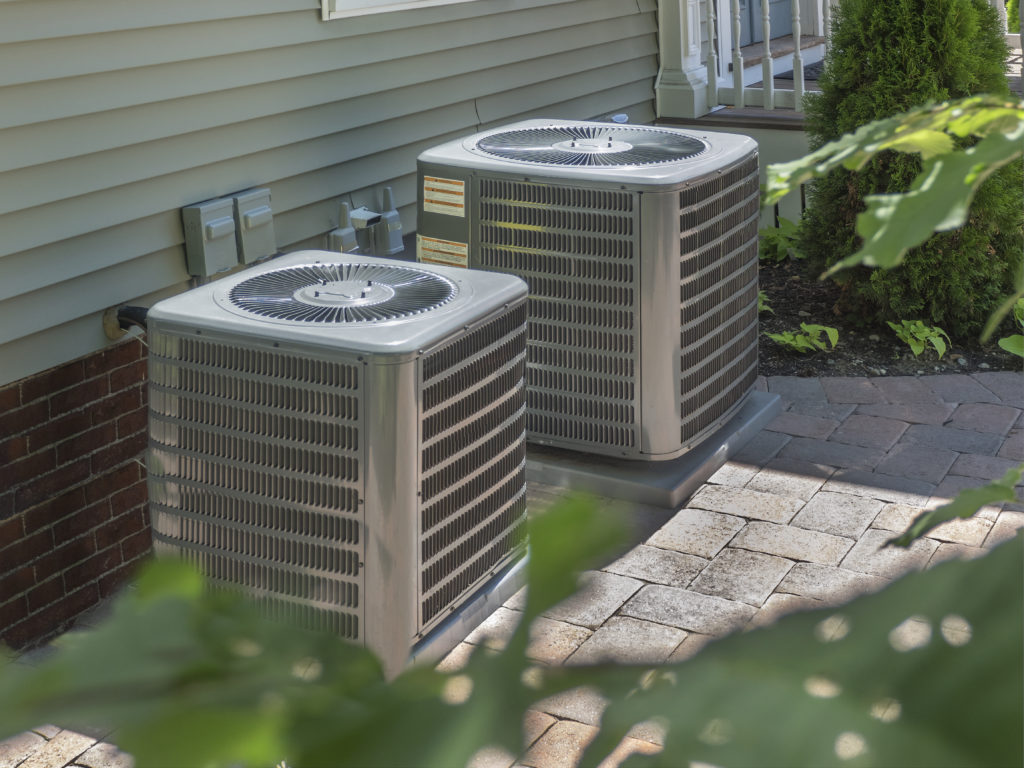Climatic Comfort: Mastering Your Home's Heating and Air Conditioning
Climatic Comfort: Mastering Your Home's Heating and Air Conditioning
Blog Article

As the seasons change, so do our needs for comfort within our homes. Heating and air conditioning play crucial roles in creating an environment that allows us to feel at ease regardless of the weather outside. Whether it’s the biting cold of winter or the sweltering heat of summer, maintaining a stable indoor climate is essential for our health and well-being. Understanding how to effectively manage these systems can transform your living space into a sanctuary of comfort.
Navigating the complexities of heating and air conditioning might seem daunting at first, but with a little knowledge and awareness, you can ensure optimal performance and efficiency. From choosing the right system for your home to regular maintenance practices, mastering these elements can lead to significant improvements in energy savings and overall comfort. Let’s explore the fundamentals of heating and air conditioning to help you create the ideal living environment year-round.
Understanding HVAC Systems
Heating, ventilation, and air conditioning, commonly referred to as HVAC, form the backbone of indoor climate control in homes and buildings. HVAC systems are designed to provide thermal comfort by regulating temperature, humidity, and air quality. They encompass various components that work together to effectively manage the internal environment. Understanding these systems is crucial for homeowners looking to optimize energy efficiency and comfort in their living spaces.
Discover
At the core of HVAC systems are heating and cooling units, which can include furnaces, heat pumps, and air conditioning units. Furnaces typically use gas, oil, or electricity to generate heat, while heat pumps can provide both heating and cooling by transferring heat from one place to another. Air conditioning units cool the indoor air by removing heat and humidity. Each component has its unique operation method, and homeowners should choose systems based on their specific climate and comfort needs.
Ventilation is another essential aspect of HVAC systems that ensures proper air circulation and quality. It involves bringing in fresh air from outside and exhausting stale air from inside. This process can be natural or mechanical, depending on the system design. Effective ventilation not only enhances comfort but also improves indoor air quality, making it vital for overall health and well-being. Understanding these elements empowers homeowners to make informed decisions about their heating and air conditioning systems.
Choosing the Right Heating Options
Selecting the appropriate heating option for your home is essential for both comfort and efficiency. The variety of heating systems available can often be overwhelming, but understanding your needs and the characteristics of each system can simplify the decision-making process. Consider factors such as your home's size, insulation, and the local climate when evaluating options.
One popular choice is a central heating system, which distributes heat through ducts or pipes connected to a furnace or boiler. This type of system is ideal for large homes, ensuring consistent temperatures throughout. Alternatively, for smaller spaces or specific rooms, space heaters or electric radiators can provide targeted warmth, offering flexibility and lower upfront costs.
Another consideration is energy efficiency. Systems like heat pumps or radiant floor heating are known for their efficiency and can lead to significant cost savings over time. It's worth exploring renewable options such as solar heating, which not only reduce your energy bills but also benefit the environment. By taking these factors into account, you can choose the heating solution that best aligns with your lifestyle and well-being.
Efficient Air Conditioning Techniques
To maximize the efficiency of your air conditioning system, regular maintenance is essential. Cleaning or replacing filters monthly ensures that the air flows freely, promoting optimal cooling. Additionally, scheduling professional inspections at least once a year helps identify potential issues before they become costly repairs. This proactive approach not only enhances efficiency but also extends the lifespan of your unit.
Using programmable thermostats can significantly improve energy efficiency. By setting your thermostat to adjust the temperature during the day when you are not home, you reduce unnecessary cooling. Smart thermostats can learn your preferences over time and automatically make adjustments, leading to more comfortable living conditions while saving on energy costs.
Creating a well-insulated environment also plays a crucial role in air conditioning effectiveness. Ensuring that windows and doors are sealed properly prevents cool air from escaping and hot air from entering. Using shades or blinds during the hottest parts of the day can further reduce heat gain, allowing your air conditioning system to work more efficiently and keep your home comfortable all summer long.
Report this page